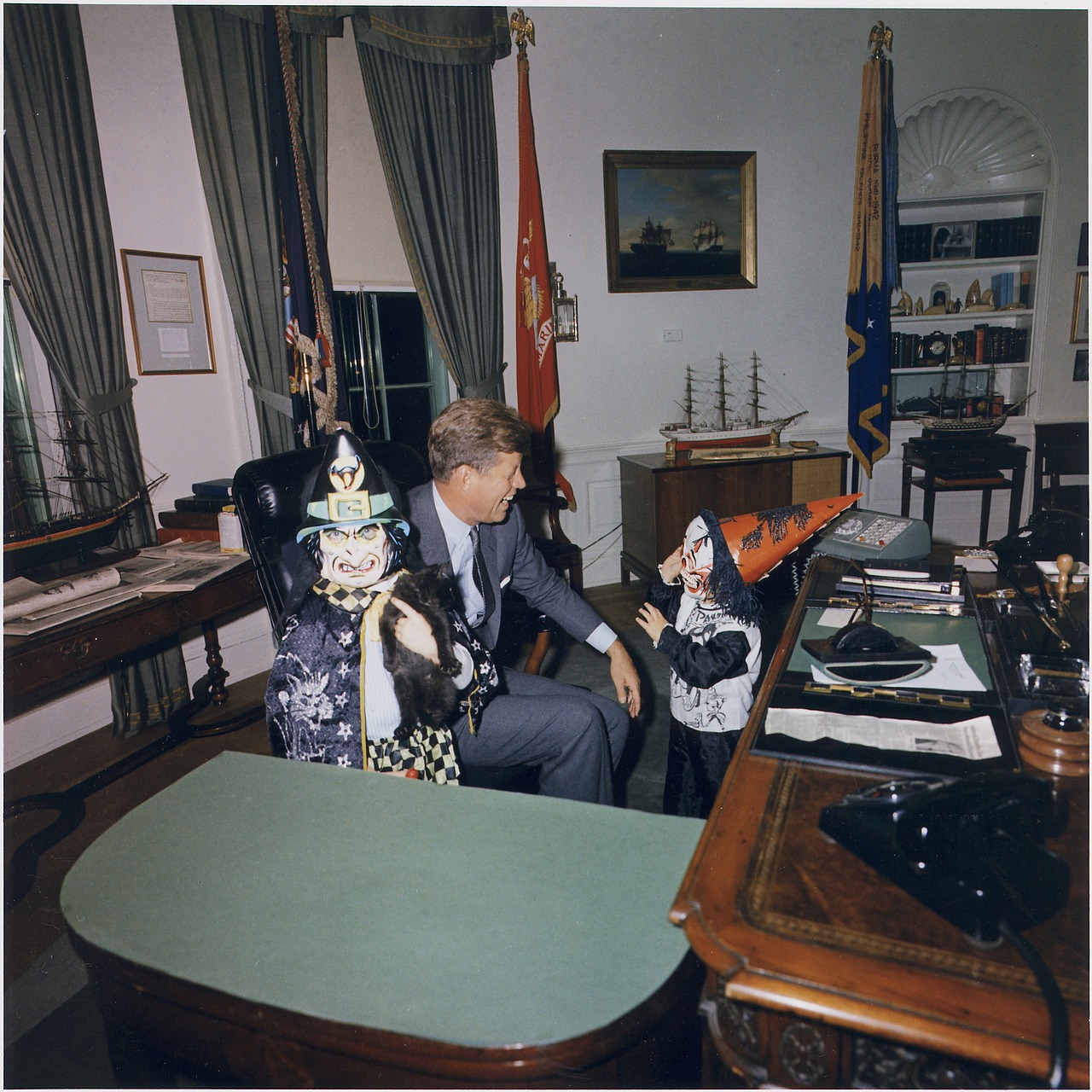Presidents’ Day is an annual holiday celebrated on the third Monday of February in the United States. Officially known as Washington’s Birthday, the holiday is a time to honor the nation’s past presidents, particularly George Washington and Abraham Lincoln, whose leadership has profoundly shaped the country’s history. Over time, Presidents’ Day has evolved into a celebration of the executive office, national pride, and the values that define the American political system. But what is the true meaning behind Presidents’ Day, and how did it come to be?
A Brief History of Presidents’ Day
The roots of Presidents’ Day date back to the 1880s, when the U.S. government began celebrating George Washington’s birthday, which falls on February 22nd. Washington, the first president of the United States and a revered figure in American history, was instrumental in shaping the nation’s early foundations. His leadership during the American Revolution and in the formative years of the United States is central to the country’s identity.
In 1968, however, the Uniform Monday Holiday Act was passed, which aimed to provide more three-day weekends for the nation’s workers by shifting the celebration of certain holidays to specific Mondays. As a result, Washington’s Birthday was moved to the third Monday in February, which can fall anywhere between February 15th and 21st. The shift in date, combined with the growing recognition of other presidents’ birthdays, led to a broader interpretation of the holiday. Rather than solely celebrating Washington’s birthday, Presidents’ Day became a time to honor all U.S. presidents, past and present.
The Meaning of Presidents’ Day
Presidents’ Day is more than just a day off work or school for many Americans. It’s an opportunity to reflect on the role that the presidency has played in shaping the United States. The office of the president is one of the most powerful positions in the world, and its leaders have had a profound impact on the country’s course throughout history. From Washington’s leadership in the Revolutionary War to Lincoln’s preservation of the Union during the Civil War, from Franklin D. Roosevelt’s New Deal to the modern-day challenges faced by today’s presidents, the office has been at the heart of defining the nation’s values and direction.
The holiday is particularly significant for the way it encourages Americans to reflect on the principles of democracy and leadership. Presidents’ Day serves as a reminder of the importance of civic engagement, the preservation of freedoms, and the ongoing work necessary to ensure that the United States remains a beacon of democracy in the world. It’s a time to remember the responsibilities of leadership, the challenges faced by those who have held the office, and the contributions they’ve made toward the betterment of the country.
Honoring Two Iconic Presidents
While Presidents’ Day now honors all U.S. presidents, two in particular stand out: George Washington and Abraham Lincoln. Both presidents are revered for their leadership during critical times in American history and are widely considered to be among the nation’s greatest leaders.

George Washington, the first president of the United States, is often referred to as the “Father of His Country.” His leadership during the American Revolution and his role in the formation of the new nation helped lay the foundation for the principles of democracy and republicanism that define the U.S. government. Washington set many precedents for the presidency, including the tradition of a peaceful transfer of power and the establishment of a strong central government. His integrity and vision for the future of the nation continue to serve as an example for those who have followed in his footsteps.
Abraham Lincoln, the 16th president, is another leader who is honored on Presidents’ Day, particularly for his leadership during the Civil War and his dedication to ending slavery in the United States. Lincoln’s Emancipation Proclamation, which declared the freedom of enslaved people in Confederate states, and his commitment to preserving the Union during a time of intense division, have left an indelible mark on the country. His speeches, including the Gettysburg Address, are revered for their eloquence and deep understanding of the nation’s ideals and struggles.
Presidents’ Day Traditions
In addition to being a time for reflection, Presidents’ Day has become associated with a number of traditions and activities. One of the most notable aspects of the holiday is the shopping deals that many retailers offer, particularly with major sales on electronics, furniture, and apparel. While this commercial aspect of Presidents’ Day has grown over the years, it also serves as an economic boost for businesses and consumers alike.
Some Americans also participate in educational activities during Presidents’ Day. Schools often use the holiday as an opportunity to teach students about the history of the U.S. presidency and the accomplishments of past leaders. For history enthusiasts, Presidents’ Day provides a perfect time to explore historical sites associated with American leaders, such as Mount Vernon (George Washington’s estate) or the Lincoln Memorial in Washington, D.C. Museums and libraries across the country often hold special events or exhibits related to presidential history.

Reflecting on Leadership Today
While Presidents’ Day commemorates the past, it also encourages Americans to think about the future of the presidency. The holiday serves as a reminder that leadership is a vital part of the nation’s ongoing development. Every new president faces unique challenges and opportunities, and Presidents’ Day provides a moment to reflect on the importance of responsible leadership in maintaining and advancing democratic values.
In today’s world, where political polarization is more pronounced than ever, Presidents’ Day is a reminder that leadership requires collaboration, vision, and a deep understanding of the diverse needs of the American people. It’s a day to consider the sacrifices made by past presidents and to think about how future leaders can continue to live up to the ideals set forth by Washington, Lincoln, and other iconic figures in American history.
Conclusion
Presidents’ Day is a time to reflect on the contributions of U.S. presidents and the impact of their leadership on the nation. While it serves as a celebration of Washington and Lincoln in particular, it also honors the office of the president as a whole, recognizing its critical role in shaping the American experiment. Whether through history lessons, reflection, or community events, Presidents’ Day offers an opportunity for all Americans to pause, remember, and celebrate the legacy of leadership that has shaped the United States.
